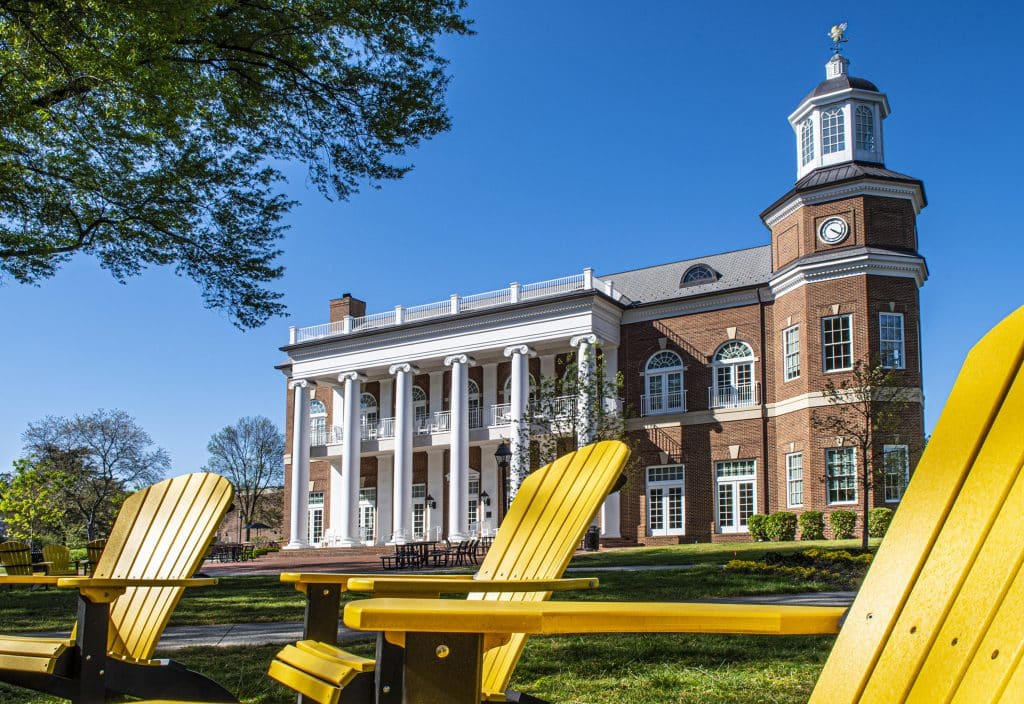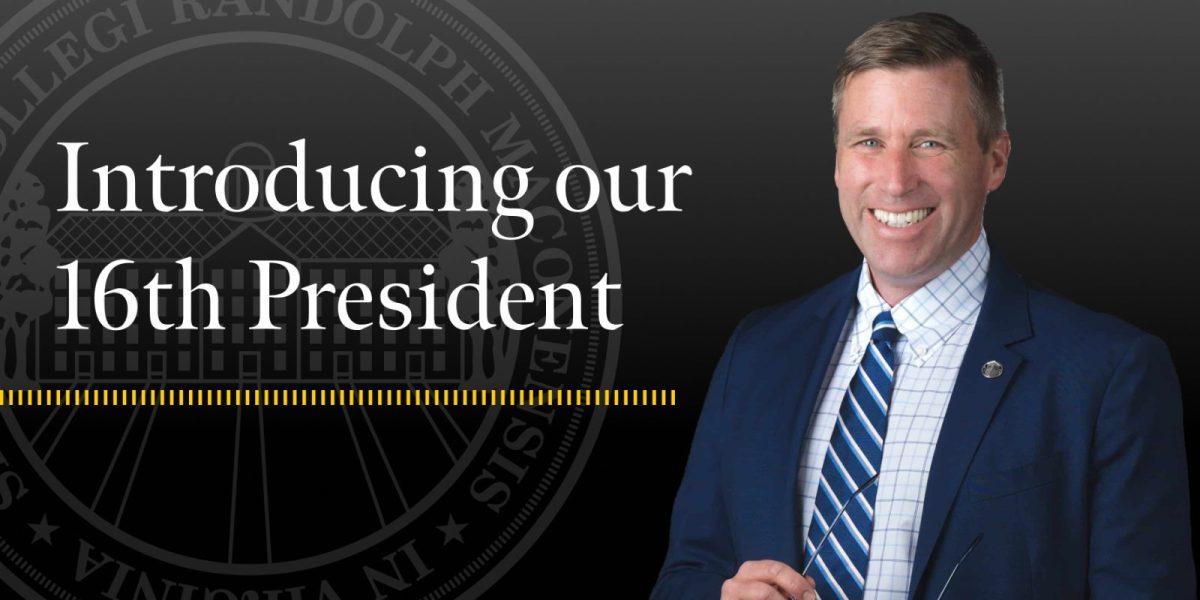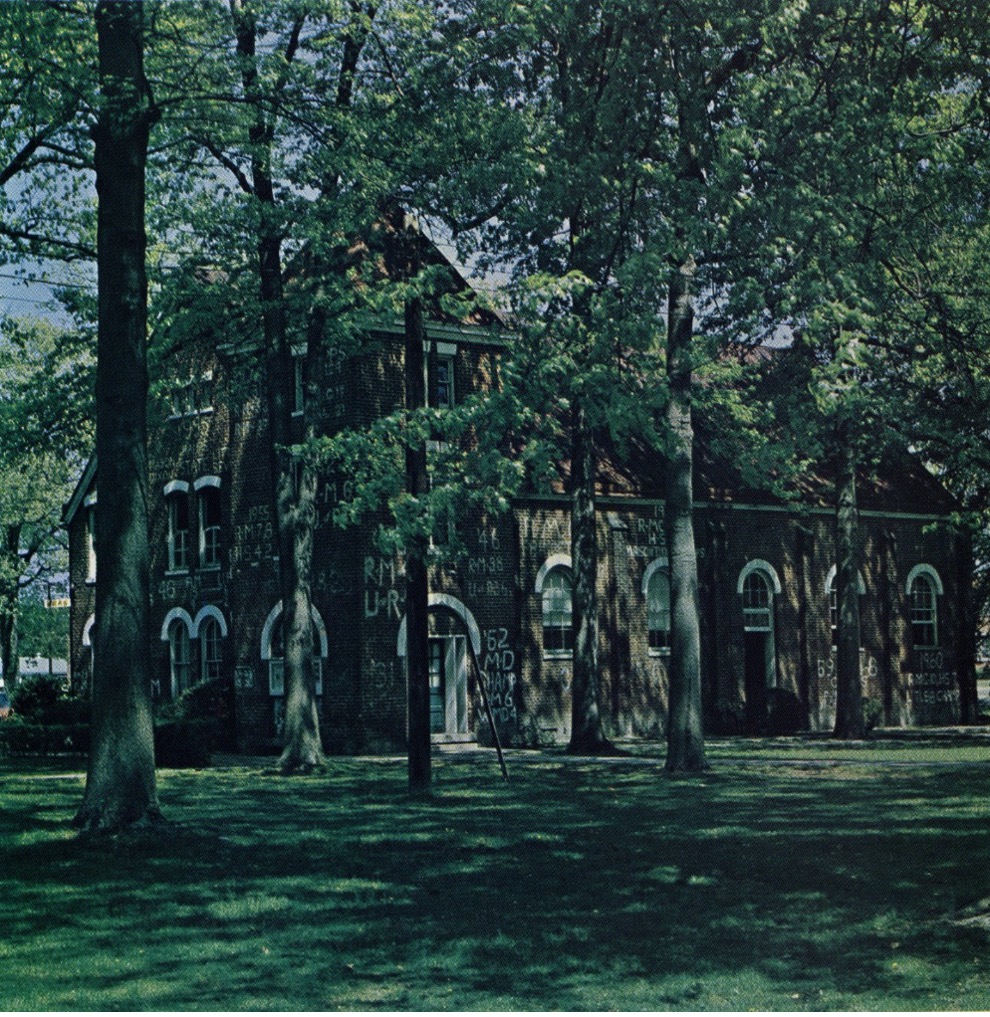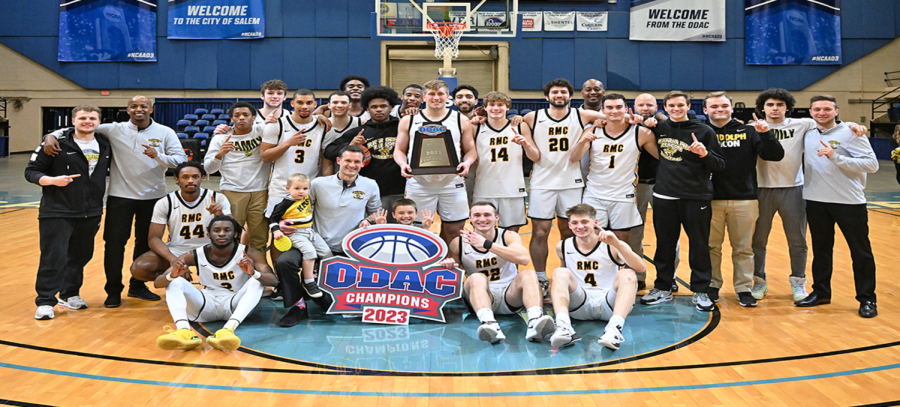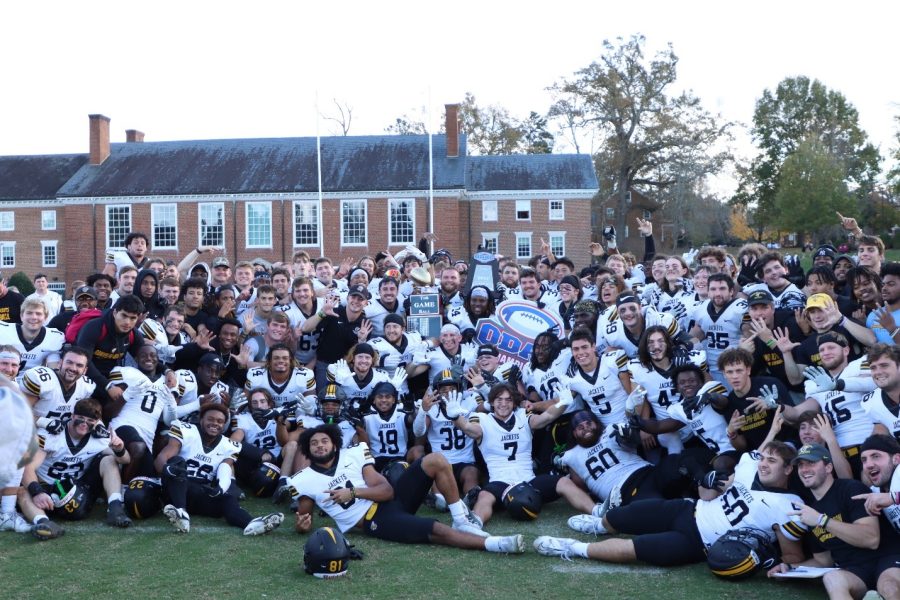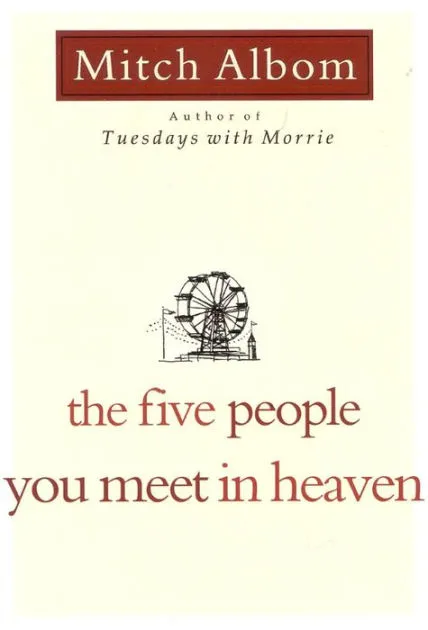We, the Faculty of Randolph-Macon College, are appalled at the existential crisis facing American higher education. The mission of Randolph-Macon College is in peril. Institutions of higher education are now threatened by the federal government if they refuse to adopt the government’s stated political positions.[1] These positions directly violate our commitment to embody “principles of fairness and respect for all, to create “a community that favors the free and open exchange of ideas” and to promote “respect for the expression of difference.” [2]We have been dismayed by other institutions abandoning long-held values, restricting the bounds of academic discussion, and chilling protected speech.
This crisis demands clarity. So, we seek to explain, in direct and plain language, where we stand.
We will not allow external powers to determine what we teach, how we teach, how we evaluate students, what we research, where we publish, or who we employ as colleagues on this faculty. We find truth through disciplined, open, and critical inquiry, not through memos from government agencies.
We affirm, and will act in keeping with, the worth of every member of our community. A Randolph-Macon education requires the inclusion of and respect for diverse voices. We cannot succumb to outside pressure that would limit that diversity.
We will not let fear undermine our fundamental unity in the shared project of education. In particular, we commit to using our powers at hand to defend students, faculty, and staff threatened because of their gender identity, political stances, or immigration status. We reject exclusion, surveillance, and bullying as utterly incompatible with open inquiry and expression.
We recognize our shared mission with other educational institutions and so regard attacks on them as we would an attack on us. We stand in solidarity with our colleagues in this crisis. As our faculty handbook notes: “As colleagues, professors have obligations that derive from common membership in the community of scholars. Professors respect and defend the free inquiry of associates.”[3]
Randolph-Macon’s leadership must continue to defend academic freedom (including defense against the targeting of faculty, staff, and students), protect open inquiry, support diversity, and promote inclusive, thoughtful dialogue. In other words, we must abide by our own stated principles. We should look to our values for guidance, not expedience. The decisions we make in this time of trial will be our legacy to future generations of Randolph-Macon students.
[1] See, e.g., the letter sent by federal government representatives to Harvard University, 11 April 2025: (https://www.harvard.edu/research-funding/wp-content/uploads/sites/16/2025/04/Letter-Sent-to-Harvard-2025-04-11.pdf).
[2] https://catalog.rmc.edu/about
[3] Randolph-Macon College Faculty Handbook 3.1.III
